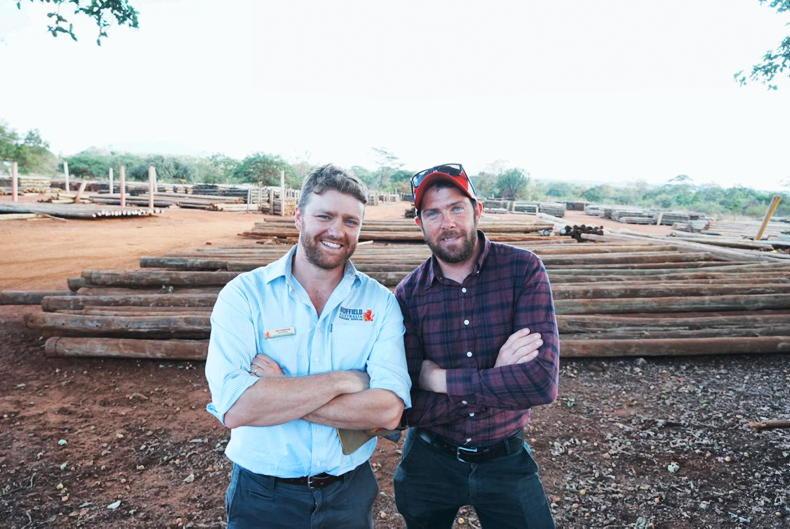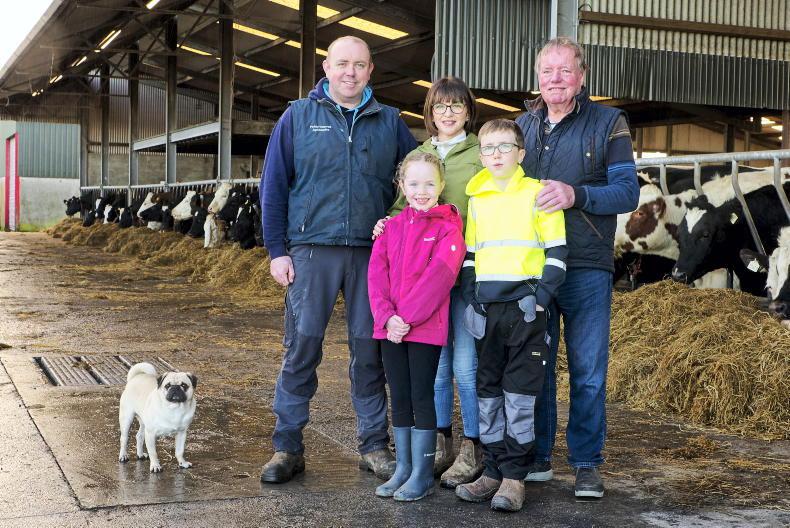The harrowing has finally been done on our paddocks in the five minutes it stopped raining up here in Co Fermanagh. March is always a tough one and I can’t tell you the number of breeders I’ve spoken to lately who are either slightly emotional with exhaustion, or slightly emotional with joy that 1 April is just around the corner and the relentlessness of mucking out, mud and feeds can ease.
The grass is growing, the mares are shedding their coats and their pineal glands are well and truly absorbing the longer light. The breeding season is ramping up in the sport horse sector and beginning to wind down for the thoroughbreds. The annual 32-page Irish Horse Sport Horse Breeding supplement is also well underway and will be inserted here on 30 March.
Good characteristics
There are many breeders who practise inbreeding (or line-breeding as some call it) which is the practice of breeding horses who are closely related. While those breeders believe that inbreeding makes it easier to consolidate the good characteristics which will be passed on, it can also be argued that it makes it equally likely the animals will inherit the negative traits. When this happens within a closed stud book, it speeds up the loss of the genetic diversity within the entire population.
This week, I was reminded of an article which caught my eye in 2020 by Professor Emmeline Hill, equine geneticist at University College Dublin, who said: “Inbreeding has always been high in thoroughbreds, but it is getting higher. It is likely that unchecked inbreeding in the thoroughbred will continue to increase in a market where there is high demand for particular sire lines. The problem with inbreeding is that it can compromise overall population fertility and health. This is a highly significant issue akin to global warming, where inbreeding is accumulating in the population, that must be addressed at an industry-wide level.”
Cut to last week when an interesting piece of research was published by the British Veterinary Association (BVA), which found that inbreeding is a contributing factor to mid and late-term pregnancy loss in thoroughbred mares. This is the first study which explores the effect of inbreeding levels on late-term pregnancy loss in the horse and it is hoped it can help inform mating choices to minimise the risk of miscarriages in thoroughbreds.
Whilst breeders make careful selection of their mating and breeding choices, this research shows the critical importance of those decisions. It also begs the question - if these results are true for the thoroughbred, will they become true for the sport horse or other horse breeds in time too?










SHARING OPTIONS